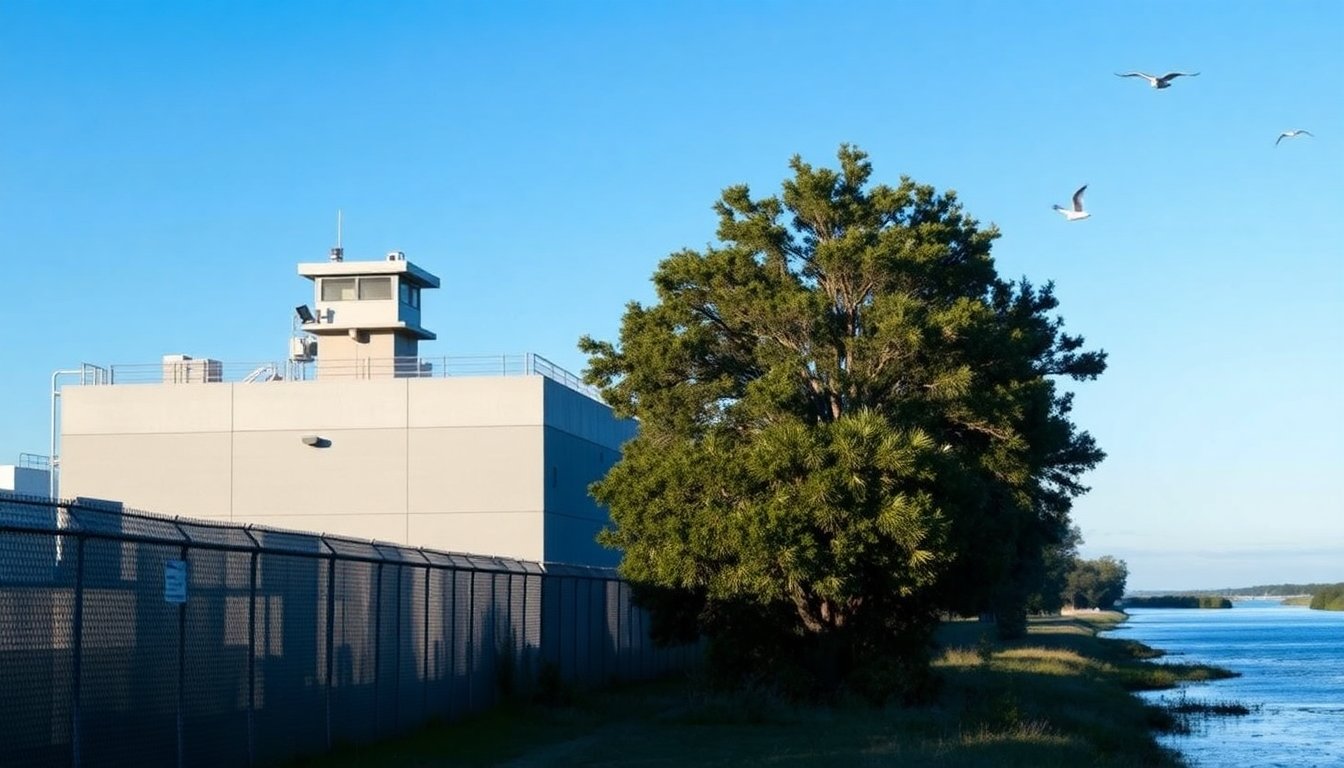Table of Contents
The Alligator Alcatraz immigration detention center in Florida has become a focal point of legal contention, following a recent decision by a federal appeals court. This ruling allows the facility to continue its operations amidst environmental concerns and legal challenges, highlighting the complex interplay between immigration policies and ecological preservation.
Overview of the Court’s Ruling
In a pivotal 2-1 ruling, a panel of three judges in Atlanta granted a request from both the state of Florida and the U.S. Department of Homeland Security to suspend a lower court’s order that sought to halt operations at the Alligator Alcatraz facility. This decision came as a response to a preliminary injunction issued by U.S. District Judge Kathleen Williams, which mandated that the facility cease operations by the end of October and transfer detainees elsewhere.
The appeals court’s ruling is significant as it reflects an ongoing commitment to uphold the current administration’s immigration policies, despite mounting legal challenges. The judges stated that allowing the detention center to continue operations was in the public interest, thus temporarily overriding the previous injunction.
Environmental Concerns and Legal Actions
The case has garnered attention not only for its implications on immigration enforcement but also for its environmental ramifications. The lawsuit, initiated by the Friends of the Everglades, the Center for Biological Diversity, and the Miccosukee Tribe, accuses state and federal authorities of neglecting federal environmental review processes essential for such a facility located in the ecologically sensitive Everglades.
In June, the establishment of Alligator Alcatraz was fast-tracked by Florida Governor Ron DeSantis, designed as a strategic location to deter escapes and bolster deportation efforts. However, this has raised alarms among environmental advocates who assert that the facility’s operations threaten the delicate ecosystem of the Everglades. The ruling has led to a renewed call for scrutiny regarding the environmental impact of such facilities.
Political Responses and Future Implications
The response from political figures has been swift. Governor DeSantis declared the ruling a victory for Florida’s stance on immigration, asserting that the facility remains operational. The Department of Homeland Security echoed this sentiment, framing the court’s decision as a triumph for law enforcement and a setback for “open-borders activists.”
Conversely, environmental advocates remain resolute in their commitment to challenging the facility’s operations. Leaders from various advocacy groups have emphasized that the legal battle is far from over, vowing to continue their fight against what they describe as a harmful and poorly conceived facility. The discourse surrounding Alligator Alcatraz illustrates the broader national debate on immigration enforcement and environmental protection, with both sides preparing for prolonged legal and political battles.
Conclusion and Outlook
As the situation at Alligator Alcatraz unfolds, it serves as a microcosm of the larger issues at play in the U.S. regarding immigration policy and environmental stewardship. The recent court ruling allows for the continuation of operations at the facility but does not resolve the underlying tensions and controversies surrounding its establishment. Future legal proceedings will likely shape the fate of Alligator Alcatraz, and its implications will resonate well beyond the borders of Florida, influencing national discussions on immigration and environmental policy.


